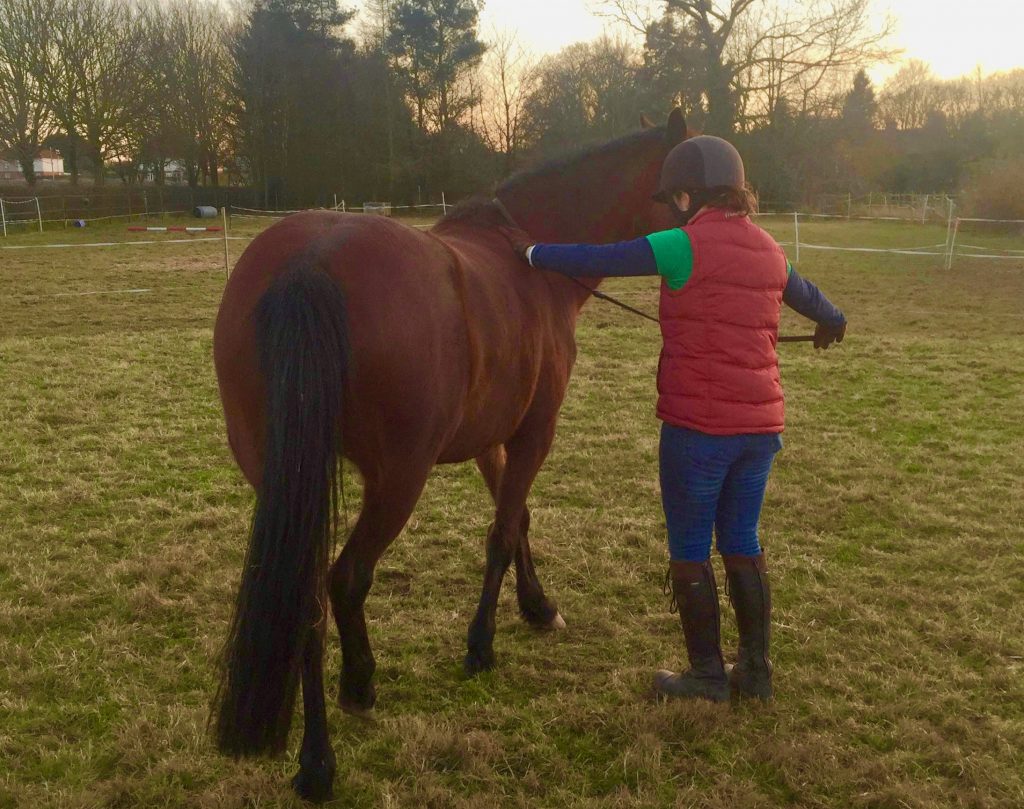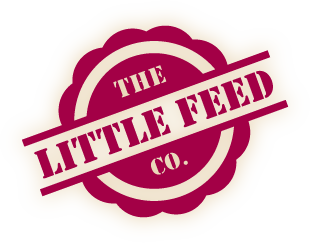by Amy Craske, Holistic Horses

If you’ve ever spent anytime doing, watching or learning about groundwork then I’ll bet you think it’s an enormously useful tool for improving or communication with our horses. But if you haven’t, and an awful lot of people just haven’t been introduced to it, you could be quite reasonable in wondering what on EARTH is the point. I mean, its just walking about with your horse, isn’t it? Why would anyone bother wasting time doing that, when they could be riding? What could it possibly do to help?
So, lets think. If you lead out to the field, are you lucky enough to have a horse which calmly follows your every movement and change in speed on the way, and swings himself neatly sideways round the gate so you can close it? Does he never ever spook? Never drag you to the nearest patch of green it sees? Does he plant himself and refuse to move, no matter how hard you lean on that rope? Never nibble your sleeve and crowd your personal space? Does he load perfectly into the trailer every time? Do you feel COMPLETELY safe next to that half ton animal?
If you have that perfect creature, then fabulous, you’re very lucky, we’re all enormously jealous. And some horses and ponies just ARE very good at working out what’s expected of them, or may have had some very good training when they were young. But if your horse does any of the things mentioned above, or something else which causes a problem, groundwork can definitely help you. There does seem to be, amongst some people in the horse world, this feeling that horses just ought to be able to DO this stuff instinctively. They should KNOW to walk quietly next to you, despite that delicious looking patch of grass over there, or despite their field mate flinging itself inside out and upside down twenty feet away. And in my own early years with horses, I’d have counted myself as one of those people! But often they just DON’T, they’re too busy being a horse and not a robot. Would you expect a Great Dane puppy to walk to heel impeccably without any training? Of course not, but we do sometimes expect the same of horses. Of course, it goes without saying that its worthwhile investigating any possible physical cause for any negative behaviour you are experiencing, but sometimes it can be down to a lack of understanding and communication between horse and handler.
So let’s give ourselves a test:
Can you and your horse walk together, matching speeds, without either of you dragging the other around?
Can you easily turn both left and right, without wrestling their head around (we’ll have no Zoolanders here!)?
Could you lead from both sides?
Are you able to back your horse up a few steps without having to poke them in the chest?
Can you move your horse’s hindquarters away from you from a simple touch or voice cue? And the same for its shoulders?
Will he stand quietly for a few minutes, without you being dragged to the nearest grass or fighting to keep him still?
Do you both respect each other’s personal space, with no shoving, nibbling or headbutting?
Does your horse load and unload calmly and easily?
Would you be happy to take that horse for a walk, in hand, around one of your usual hacking routes, and feel safe and in control?
So, what if you failed the test?
If any of those things is a bit of a struggle, then it is well worth spending a bit of time on groundwork to improve your communication and control, and your safety. If you know an instructor which specialises in it, it’s a really good investment to have some lessons. Or if you’d rather not, or funds are tight, get a friend to video you working and see if you can be your own teacher.
Really focus on what your whole body is doing and how your horse responds to you. There are many methods out there (Intelligent Horsemanship is a good place to start!) but you need to find what suits you and your horse best. Groundwork is an incredibly useful thing to spend time on, and I hope I’ve given you a few ideas here. And that’s without even mentioning using it to prepare youngsters, introduce lateral work, develop muscle strength and fitness, pole work or long reining…the list goes on!
About the Author..
Amy Craske is a freelance instructor and behaviour trainer based in east Norfolk, specialising in helping people improve their relationships with their horses. She is training with Intelligent Horsemanship and Ride With Your Mind, and is in the process of becoming accredited with both organisations. She is also part of the Concordia International Pony Club team, and can be found on Facebook at Amy Craske – Holistic Horses, and online at amycraskeholistichorses.wordpress.com.


